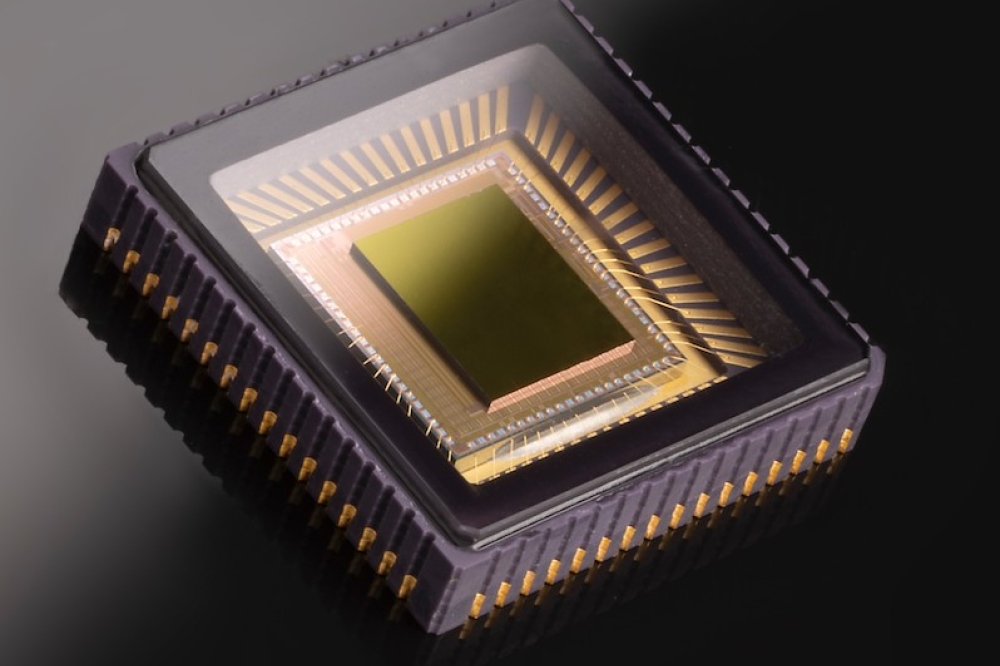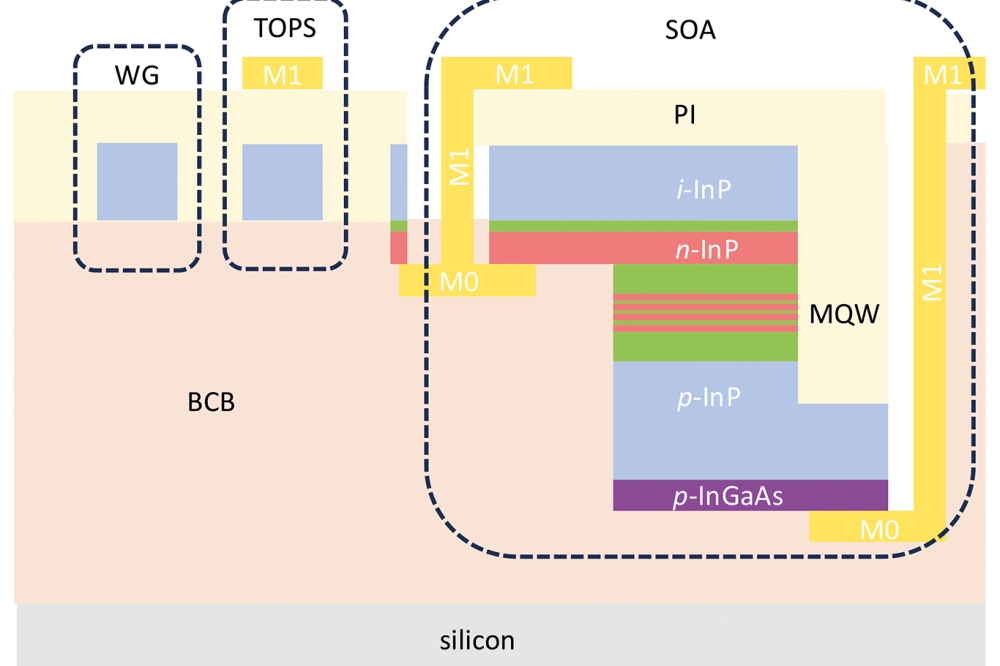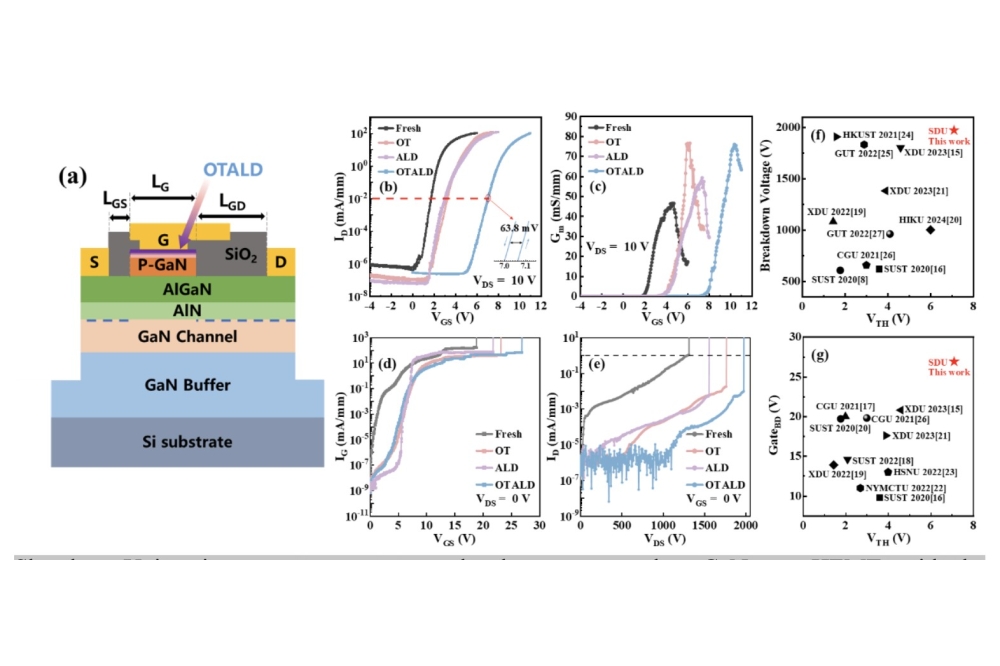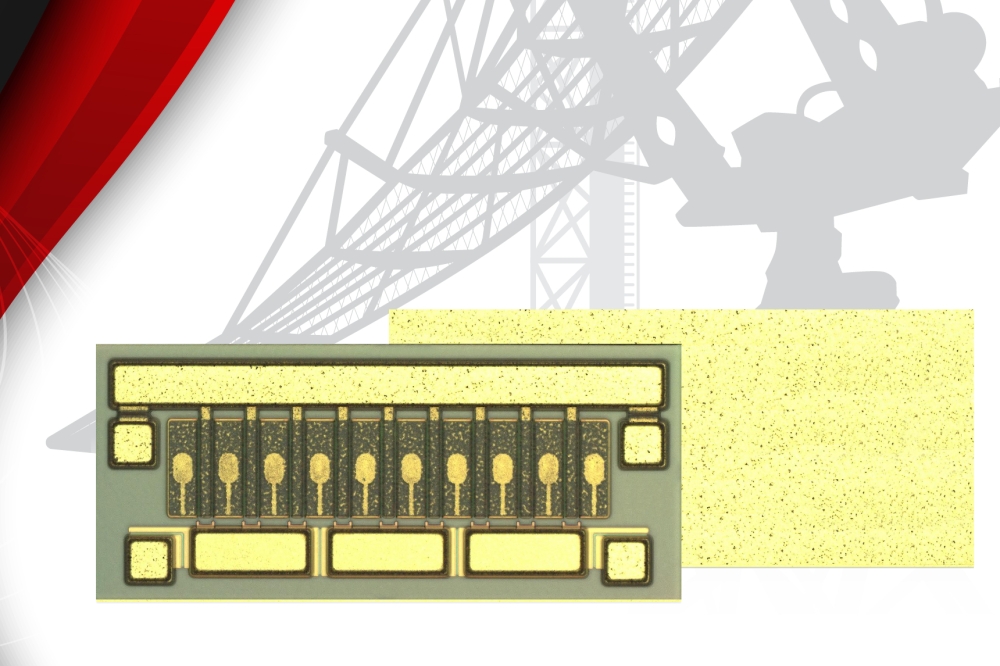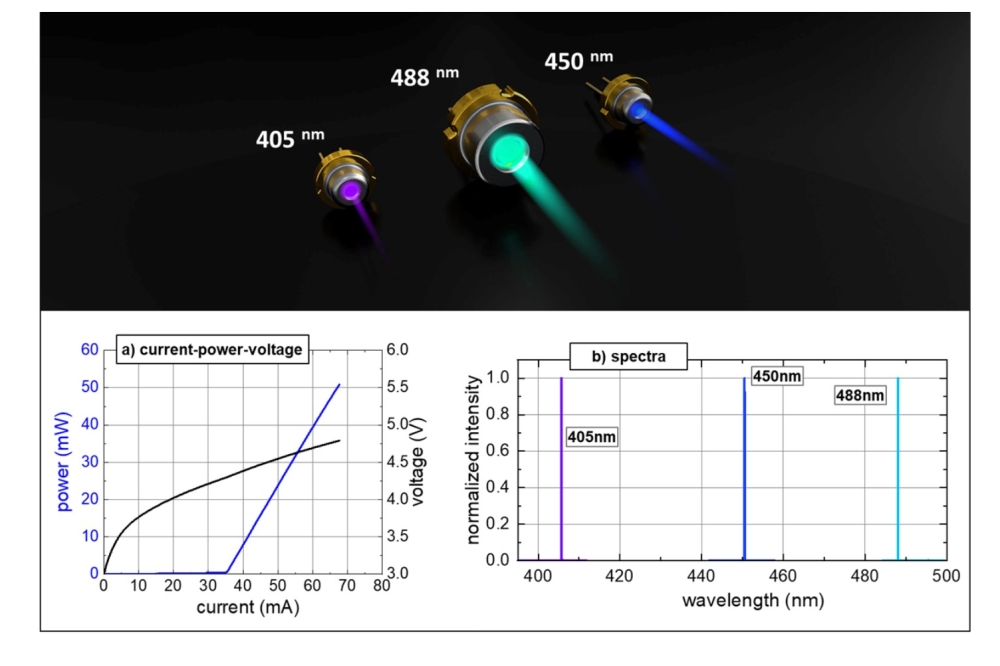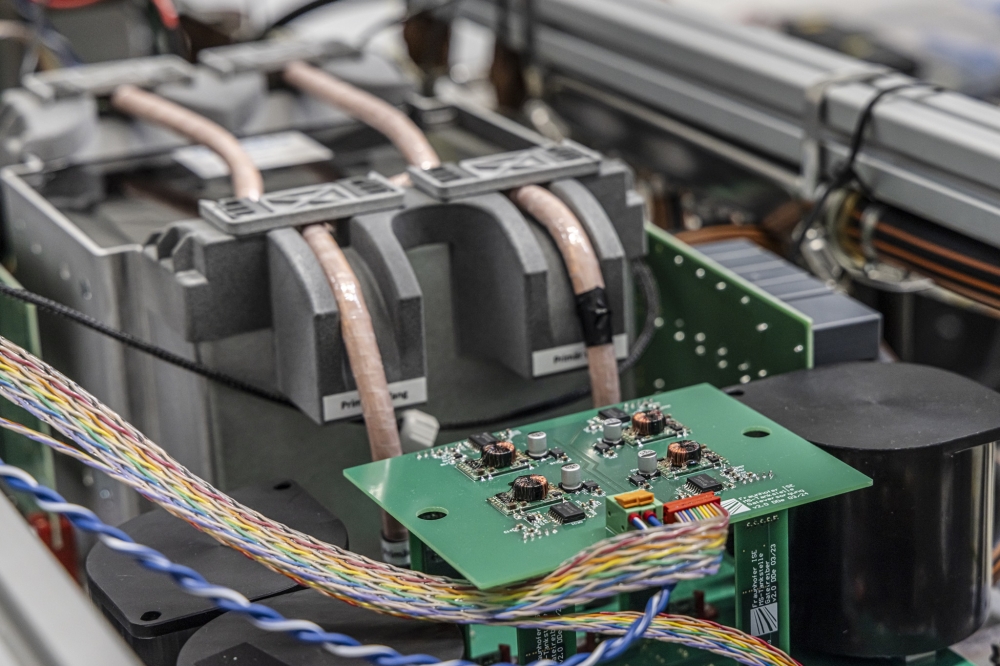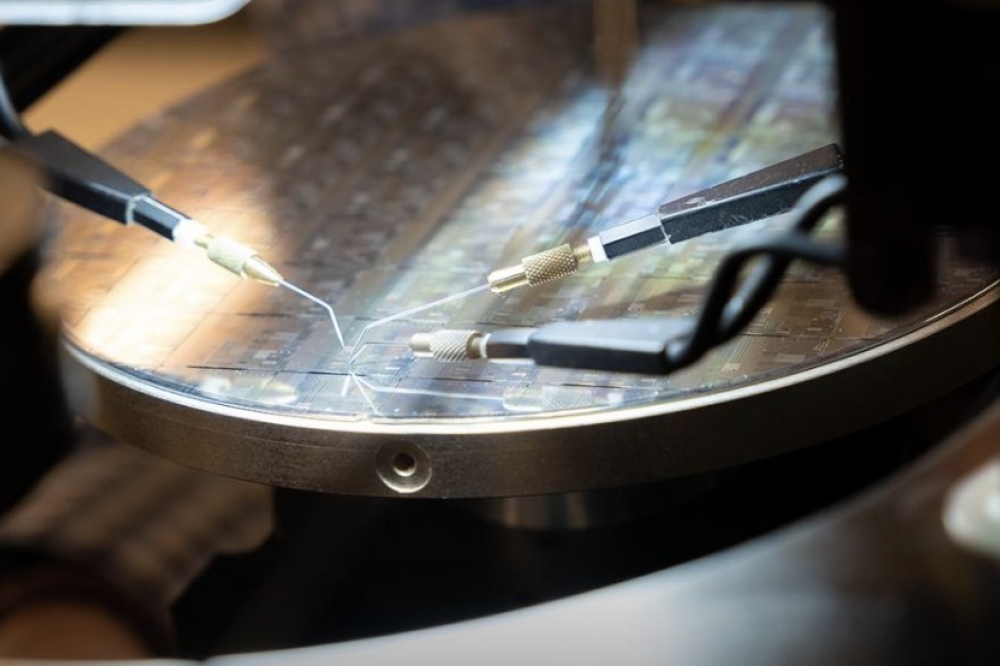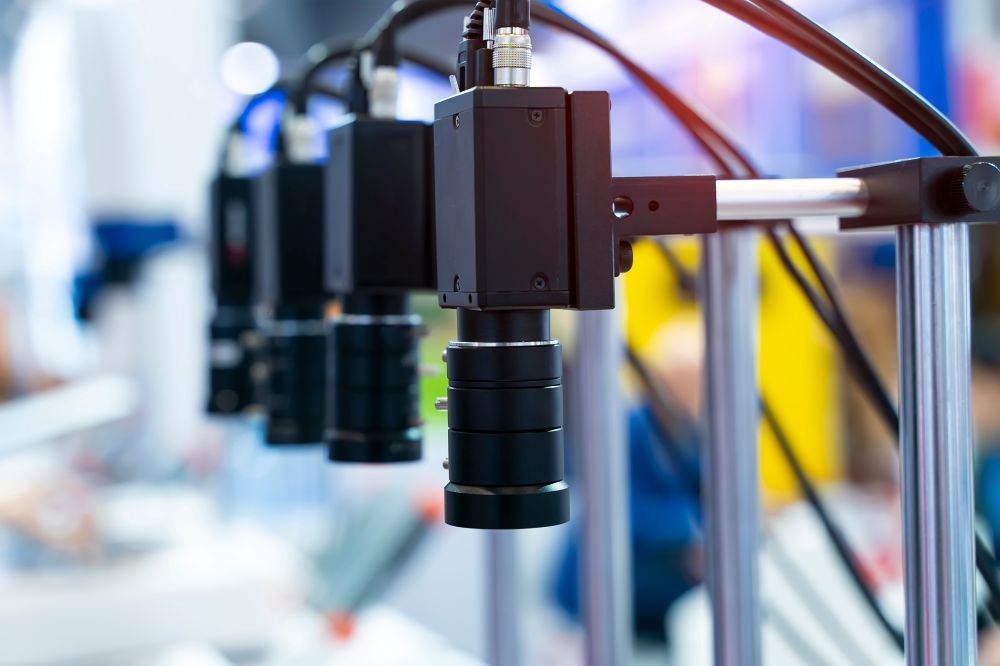Lynred launches €18M European IR sensor project

Ten member consortium aims to secure European supply chain for IR sensors in future defence systems
Lynred, a French provider of infrared detectors, has announced the launch of HEROIC (High Efficiency Read-Out Integrated Circuit), a European Defence Fund project aimed at developing components for next-generation infrared (IR) sensors, while consolidating the supply chain in Europe.
The consortium of ten European partners led by Lynred, is a four-year project month with a budget in the order of €19M, of which the recently formed European Defence Fund is contributing €18M.
HEROIC is the first collaboration of its kind to bring together European IR manufacturers, several of whom are competitors, to strategically tackle a common problem. The project’s main objectives are to increase access to, and dexterity in, using a new European-derived advanced CMOS technology that offers key capabilities in developing the next generations of high-performance infrared sensors - these will feature smaller pixels and advanced functions for defen e applications. One overall aim is to enable Europe to gain technological sovereignty in producing high-performance IR sensors.
Consortium members include three IR manufacturers: AIM, project leader Lynred, and Xenics;; four system integrators: Indra, Miltech Hellas, Kongsberg and PCO S.A.; a component provider: Ideas, an IC developer, as well as two research institutions CEA-Leti, and the University of Seville.
“Lynred is proud to collaborate on this game-changing project aimed at securing European industrial sovereignty in the design and supply of IR sensors,” said David Billon-Lanfrey, chief strategy officer at Lynred. “This project represents the first phase for European IR manufacturers to gain access to a superior CMOS technology compatible with various IR detectors and 2D/3D architectures, and equally importantly, make it available within a robust EU supply chain.”
“The HEROIC Project will enable AIM to develop advanced ROICs based on European Silicon CMOS technology, as an important building block in its next-generation IR sensors,” said Rainer Breiter, vice-president, IR-Module programs, at AIM. “We are looking forward to working together with our partners in this common approach to access the latest advanced CMOS technology.”
"Xenics sees the HEROIC project as a cornerstone for its strategy of SWIR development for defence applications,” said Paul Ryckaert, CEO of Xenics. “Thanks to this project, the consortium partners will shape the future of European CMOS developments and technologies for IR sensors.”























